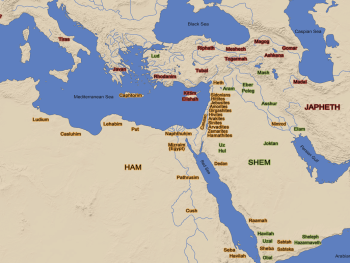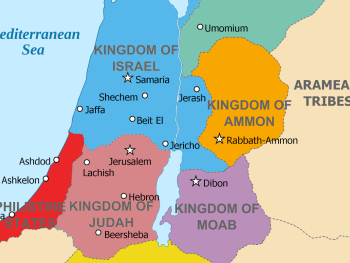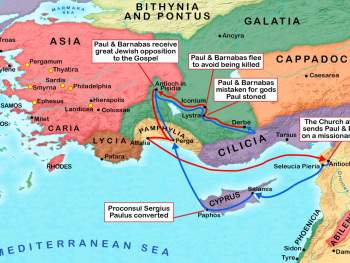The Exodus, one of the most pivotal events in the history of the Israelites, marks their liberation from slavery in Egypt and their journey towards the Promised Land. This ancient narrative, recounted in the biblical book of Exodus, has captured the imagination of people for centuries and holds deep religious and cultural significance for Jews, Christians, and Muslims alike. In this article, we embark on a journey to understand the Exodus, tracing the Israelites' path from bondage to freedom.
The Biblical Account
The story of the Exodus is found primarily in the Book of Exodus, where it describes how Moses, chosen by God as the deliverer of the Israelites, leads them out of slavery in Egypt. After enduring ten plagues sent by God to persuade Pharaoh to release the Israelites, they finally depart Egypt under Moses' leadership. The journey is fraught with challenges, including the crossing of the Red Sea, the provision of manna and quail in the wilderness, and the giving of the Ten Commandments at Mount Sinai.
Historical and Archaeological Context
While the Exodus story is central to the religious identity of the Israelites, historians and archaeologists have long debated its historical veracity. The lack of direct archaeological evidence for the Exodus has led some scholars to propose alternative theories, suggesting that the story may be a composite of various historical events or that it may have been embellished over time. However, others point to indirect evidence, such as Egyptian texts and archaeological discoveries, which may provide clues to the Israelites' presence in Egypt and their subsequent departure.
Theological and Symbolic Meaning
Beyond its historical context, the Exodus holds profound theological and symbolic meaning for believers. It serves as a powerful reminder of God's faithfulness and deliverance, as well as his concern for the oppressed and marginalized. The Exodus narrative is woven throughout the fabric of Jewish, Christian, and Muslim faith, inspiring hope, resilience, and trust in divine providence.
Legacy and Influence
The legacy of the Exodus extends far beyond its historical and religious significance. It has inspired countless works of literature, art, and music, shaping the cultural and moral imagination of generations. The themes of liberation, justice, and redemption embodied in the Exodus story continue to resonate with people around the world, serving as a rallying cry for freedom and human rights.
As we trace the Israelites' journey from bondage to freedom, we gain a deeper understanding of the enduring significance of the Exodus. While questions may remain about its historical authenticity, its theological and symbolic meaning remains undiminished. The story of the Exodus serves as a timeless reminder of God's faithfulness, human resilience, and the enduring quest for freedom and justice.






